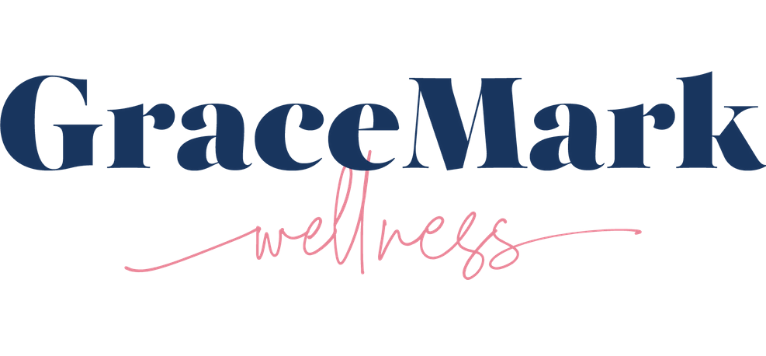Wellness Coaching, Part II: Who Can Call Themselves A Coach?
Wellness Coaching
A blog series to answer your questions about the collaborative approach to well-being with meaning
In “Part I: What is a wellness coach?”, we went over the basics about what a wellness coach is and how they use their specialized education to help their clients reach their health goals.
In this post, we’re going to talk about the title “coach”, give you some background about the field, and equip you with the knowledge to select a qualified coach that meets your needs.
WHO CAN CALL THEMSELVES A COACH?
This is a key question. The title is not regulated, which means there are many people out there marketing themselves as a wellness/health/lifestyle (etc.) coach that do not have credentials or expertise to back up that claim.
As a person living with chronic illness, I have experienced from the get-go of diagnosis that we are frequently an “easy target” for both well-meaning people who think that their brand of supplement can help in a way that is far outside of their scope or knowledge to claim, as well as people looking to make a quick buck off of individuals who are desperately trying their best to manage their condition.
This was something I took into consideration when I decided to go back to school to become a coach. I did thorough research about my options for education and certification, opting to apply for the Mayo Clinic Wellness Coach Training Program because of their long history and sterling reputation in the field. At the time that I did my training, the national board certification was not yet available.
I became Mayo Clinic-certified in the meanwhile, rounding out that certification with additional specialties. I went this route so that I would be able to back up my own experience with evidence-based specialty training, backed by a reputable institution.
When the national board certification became available, I applied to sit for the exam (administered by the National Board of Medical Examiners), having met the rigorous requirements to make it to that point. I was proud to be a member of the first-ever cohort of National Board Certified Health & Wellness Coaches. In the years since, I have participated in continuing education requirements in order to maintain my certification and represent all that it stands for to those in the field and beyond.
I promise that I’m not telling you all of this to feed my own ego (or bore you). I wanted to share this piece of my journey with you to help you understand that, although anyone can technically call themselves a coach, not all that use that name have earned it.
The ONLY reason this is important to me is because I want you, the potential client/consumer/person who cares about their health or has concerns and goals and is thinking about working with a coach or encouraging a loved one to work with a coach, to know that you deserve to work with someone who has the evidence-based knowledge and experience to support you in that.
Understand that when individuals call themselves a “coach”, that unregulated term can mean something different than what you might expect. It is worth your time to do the research and find out more about their background and qualifications to be certain they can provide the services that you need to get you where you want to go.
Signing up for a MLM does not make one a certified wellness/health/lifestyle coach.
Working solely off of one’s own personal experience does not make one a certified wellness/health/lifestyle coach.
Possessing a large Instagram following does not make one a certified wellness/health/lifestyle coach.
To become a national board certified health & wellness coach, you must:
receive your training from an accredited institution (like Mayo Clinic, Duke, Vanderbilt, WellCoaches, etc.)
meet rigorous educational and work experience requirements
log a number of coaching hours
apply to sit for the exam
pass the exam [which involves questions in areas such as:
models of behavior change
relationship-building
communication techniques
health promotion
disease prevention
chronic conditions
-and, equally as important as the rest-
ethics.
In addition to bearing a standard in the field, coaches who are national board certified are also bound to a specific code of ethics and scope of practice. That is what makes one a certified wellness/health/lifestyle coach.
It’s fine if you want to buy shakes from your friend, take advice from someone who has simply “been there”, or get inspiration from health “influencers” on Instagram.
However, when you are looking to work with someone who calls themselves a coach, take into consideration what their goals are, what your goals are, and whether the work they are doing to achieve their goals is going to help you to achieve yours.
Be honest with yourself about whether the individual in question has the evidence-based knowledge and experience to be able to support you objectively, and do your research to make sure that whoever you end up working with is qualified and the best possible fit for you.
It is my recommendation (and the recommendation of the many reputable, well-established institutions who created the foundations of the national certifying board) that you seek out a wellness/health/lifestyle coach who has undertaken the necessary education and achieved the level of experience it takes to earn the national board certification.
Your health and well-being is vitally important and you deserve to work with someone who can safely and knowledgeably support you in prioritizing that.
—
What questions do you have about finding a qualified wellness coach that is a great fit for you? I would love to be of service in helping you sort out your next steps. You can book a free coaching session with me here.
